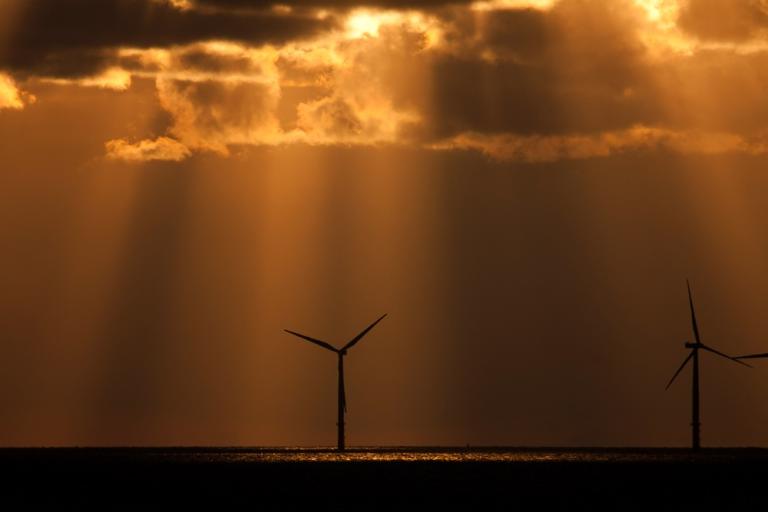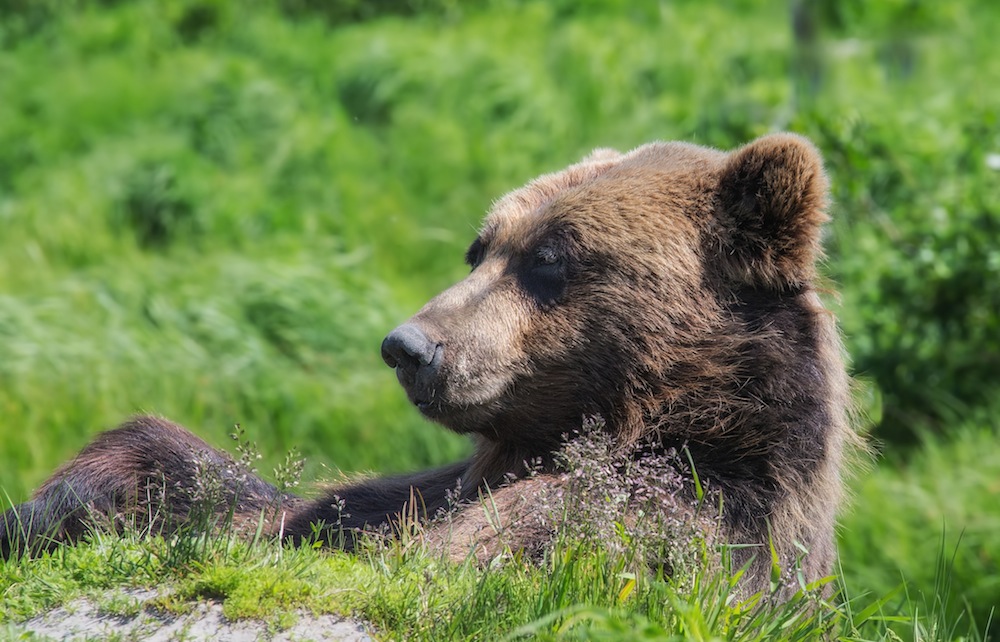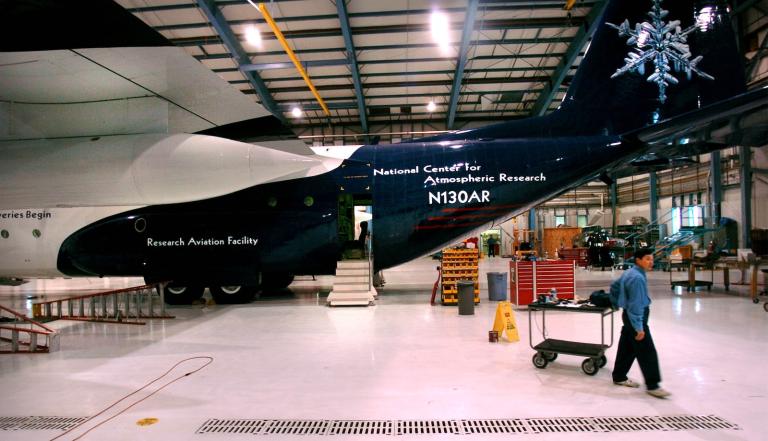
Douglas BrownA grizzly bear basks in the Alaskan sun.
Something smells fishy about a record-breaking heat wave in Alaska.
It might be the piles of dead salmon.
The Land of the Midnight Sun has been sweating, relatively speaking, through a hot and sun-soaked summer. From the AP:
Anchorage has set a record for the most consecutive days over 70 degrees during this unusually warm summer, while Fairbanks is closing in on its own seasonal heat record.
The National Weather Service said Alaska’s largest city topped out at 70 degrees at 4 p.m. Tuesday, making it the 14th straight day the thermometer read 70 or higher. That breaks a record of 13 straight days set in 2004.
In Fairbanks, temperatures Monday reached 80 or higher for the 29th day this summer.
While most of the world is getting warmer, the 49th state appeared recently to be getting colder — the temporary effect of a long-term oceanic weather pattern known as the Pacific Decadal Oscillation. Now the unusually toasty summer is raising questions about whether climate change is heating up the state, though some are arguing the heat wave could just be an anomaly.
What isn’t being questioned is the link between the hot weather and a die-off of 1,100 king salmon. The fish were returning to a hatchery south of Petersburg to spawn when they succumbed to hot water and low oxygen levels, perhaps worsened by low tides. From a weekend report by the AP:
Alaska Department of Fish and Game sportfish biologist Doug Fleming said he found the dead fish July 18 after last week’s warm weather, when temperatures were in the 80s.
He began monitoring water levels earlier in the week when it appeared temperatures were reaching dangerous levels.
“And so, getting through till Wednesday which appeared to be the hottest day, then on Thursday I was conducting an aerial survey just to get a grip on how many fish may have been killed by the warm water, not expecting to see a large die-off but some, and I was shocked to see the numbers of fish that we lost,” he said.
So hold your nose when you enjoy your paddle in that balmy river, Alaskans.




